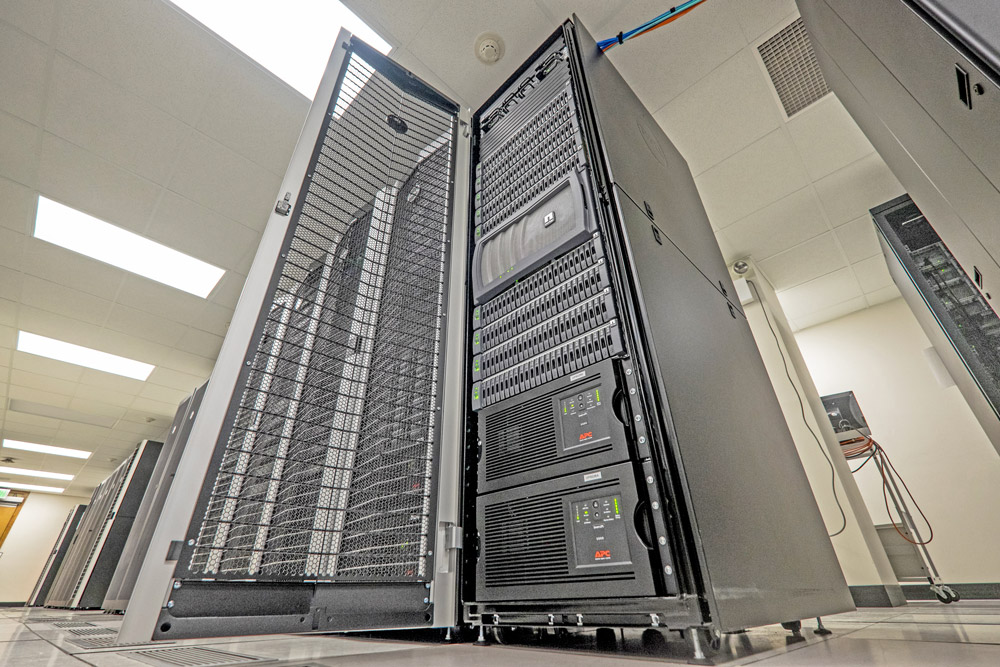The Dynamic Host Configuration Protocol (DHCP) is used to configure network devices to access the MSU network via dynamic IP address allocation.
Benefits
MSU IT offers DHCP to departments and units on campus. The service provides greater redundancy and portability across campus for users. For example, a computer configured with Dynamic IP addressing, once registered, can be used at most available Ethernet ports on the MSU campus.
Once a computer is registered, DHCP allows access to the Internet, as well as to the MSU network. People need to register computers and mobile devices for wired and wireless connections separately, but both are done on the same site.
Dynamic IP addressing eliminates the need for individual computers to be configured with a static IP address. This reduces the support requirements for both student computing and computing within individual departments.
Dynamic IP Addressing
Dynamic IP addressing makes use of the Dynamic Host Configuration Protocol, or DHCP. Using Dynamic IP addressing offers two primary advantages to campus users:
- Once a computer is configured with Dynamic IP addressing when registered, it can be used at almost any available Ethernet port on the MSU campus. DHCP allows access to the Internet as well as to the MSU network.
- Dynamic IP addressing eliminates the need for individual computers to be configured with a static IP address. That reduces the support requirements, both for student computing and also within individual departments.
DHCP Ethernet connections to the MSU network are available to anyone with an MSU NetID and the proper equipment.
Instructions
- Instructions for registering your computer.
- To view or manage your registered computers, go to dhcp.msu.edu.
- Register a Device on the MSU Network or request a DHCP Network Connection Unblock.


